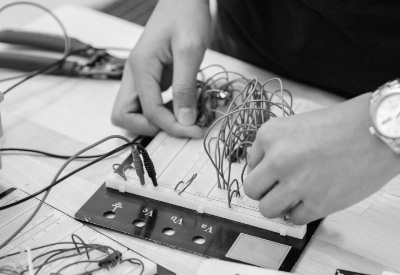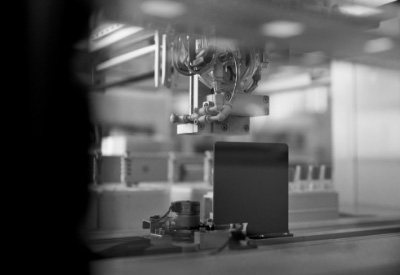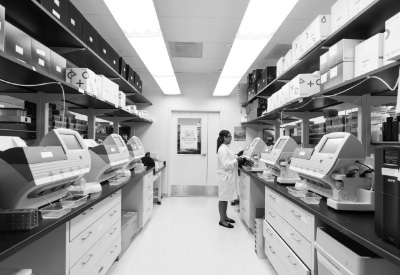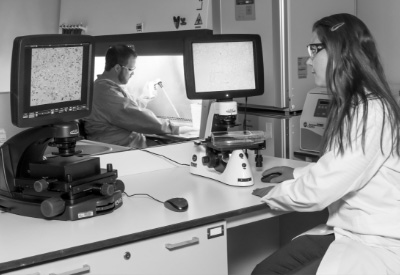
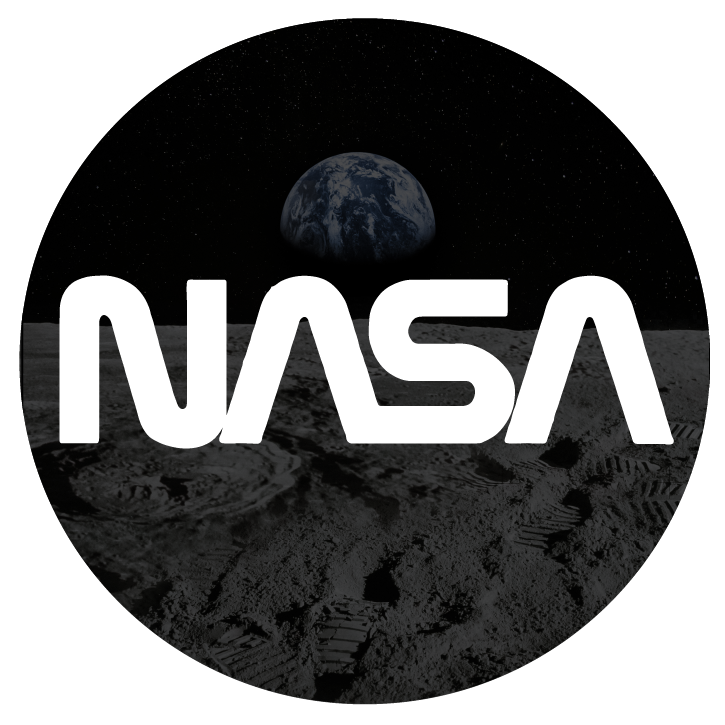
Aerospace
NASA
Visit WebsiteOverview
With funding from NASA’s Space Technology Mission Directorate (STMD), City Labs partnered with NASA as part of the 2024 NASA Innovative Advanced Concepts (NIAC) Program to develop groundbreaking technology for lunar exploration.
The “Autonomous Tritium Micropowered Sensors” project integrates City Labs’ patented NanoTritium™ batteries into autonomous sensors capable of operating in the Moon’s permanently shadowed regions (PSRs). These harsh environments, with temperatures as low as -248ºC and no sunlight, are critical for understanding lunar water and volatile resources essential for future human exploration.
This collaboration also involved Professor Mason Peck of Cornell University, a pioneer in space technologies and the leading mind behind the initial development of ChipSat technology. His groundbreaking work laid the foundation for these small, self-contained spacecraft, which are now being reimagined through this project with added tritium-powered batteries to expand their capabilities for exploration in extreme environments.
Key Details
Timeline
- March–December 2024
Collaborators
- NASA
- Mason Peck, PhD, Cornell University’s Stephen J. Fujikawa ’77 Professor of Astronautical Engineering
Funding
- NASA STMD
Goal
- Develop autonomous tritium-powered sensors to collect data in extreme cold, enabling exploration of lunar permanently shadowed regions and paving the way for broader planetary exploration.
Significance and Applications
City Labs’ NanoTritium™ batteries used in this project provide a reliable power source for sensors in conditions where traditional batteries fail. These autonomous sensors have potential applications beyond the Moon, including exploration of icy moons like Titan and Enceladus or extreme Earth environments, such as polar regions, dense forests, and underwater ecosystems.
“This partnership highlights how tritium-powered microsensors open up a wide array of possibilities for planetary exploration in harsh environments where sunlight is unavailable,” said former NASA Chief Technologist and Cornell University Professor Dr. Mason Peck.
This technology could also revolutionize Earth-based research, such as forest fire monitoring, where low-cost, long-lasting sensors are invaluable.
Resources and Links
The Nuclear Battery Company With a Vision
Ready to power your next innovation or learn more about our technology?
Contact Us Today